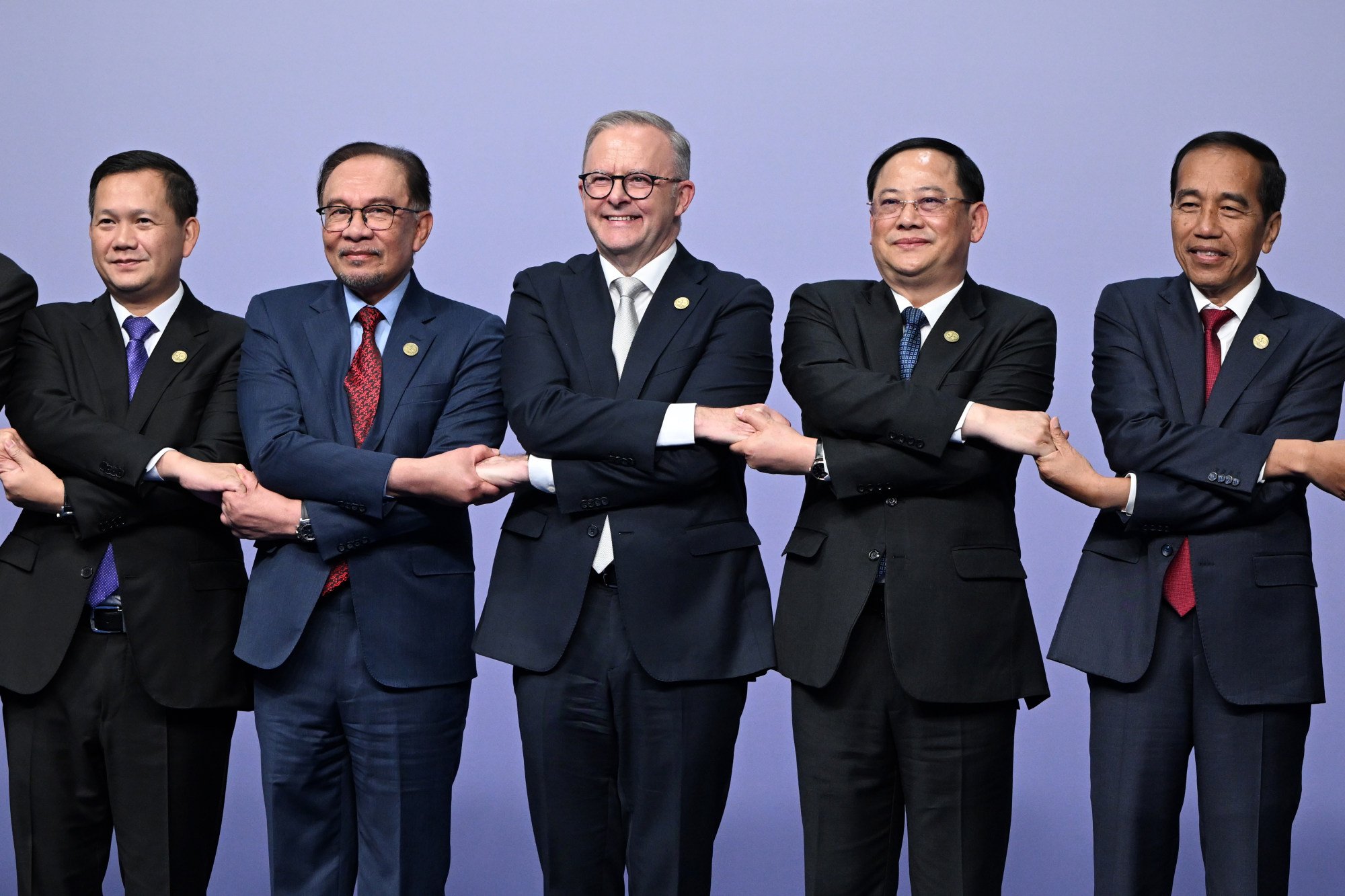What’s behind Australian investors’ reluctance to venture into Southeast Asia?
What’s behind Australian investors’ reluctance to venture into Southeast Asia?
These people have solid credentials and many are known in the Australian business circuit, have a media presence, are polished and represent mainstream brands.
Various departments had a say in the nominations, as did Special Envoy for Southeast Asia Nicholas Moore.
Of course, calling for more Southeast Asian-Australians to lead Australia in the region does not mean not having a Southeast Asian background will render some of these champions less effective.
But wouldn’t it be great to have more Southeast Asian-Australians showcase Australia’s multiculturalism and for Canberra to show leadership in harnessing the diaspora? There’s a festering gripe among the diaspora that Canberra is famously bad at not reaching out to it.

Credit must be given to the Albanese government, however, because this is the closest Canberra has come to putting money where its mouth is in relation to a deeper Southeast Asian connection.
But it has cowed to inertia when it comes to change by, once again, leaning towards established names, safe names.
Many of these new champions are familiar with Canberra, and have been moving in the same professional circles as bureaucrats.
Some of their organisations may even have a preference for conservative business approaches, the very reason for Australia’s lack of business interests in Southeast Asia.
‘Lazy investments’ hinder deeper Australia-Asean business ties: experts
‘Lazy investments’ hinder deeper Australia-Asean business ties: experts
So isn’t comfortable the problem?
Using more Southeast Asian-Australians is a double win, too. It sends a message that Canberra is willing to invest in new talent and is not afraid to back new faces.
There are many successful entrepreneurs in the diaspora who may not know the right people to be able to throw their hat in the ring for such appointments, but they certainly have the ability.
This is where Canberra steps in. Granted, it takes a long time to cultivate new talent, and it can be difficult to convince entrepreneurs to work in government when they themselves are privately trying to do business in Asia or have already fostered partnerships there.
But if Canberra wants to make big shifts with the region, it has to take big shifts with its approach.

